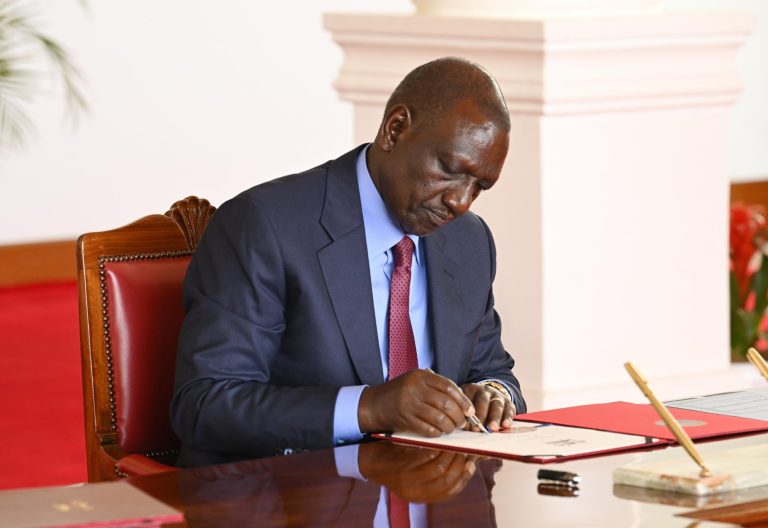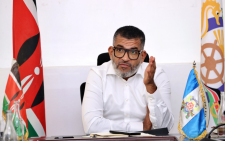Ruto response to critics takes ominous turn

The Ministry of Foreign Affairs January 16 statement on the “cyber-activities” of some Kenyans reveals that officials are attempting to discredit legitimate public criticism of President Ruto’s administration by recasting it as a security threat. This re-framing suggests that online opposition has so unsettled authorities that they are contemplating measures that could restrict digital freedoms.
In the government’s jaundiced view, these activities were sparked by the June-July protests by young people but have since “evolved into organised cyber attacks by a few social media influencers and seek to delegitimize government initiatives [and] discourage high-level visits”.
By characterising social media criticism as “organised cyber attacks”, the government appears to be laying the groundwork for stricter controls over online speech. We are worried about this ominous shift in language because it could pave the way for restrictive legislation disguised as an attempt to protect national security and maintain social order.
The administration’s obvious anxiety about Kenya’s international image is telling. Officials need to be reminded that it’s the democratic right of citizens to urge the Dutch royal couple to reconsider their planned visit to Kenya or challenge the candidacy of a compatriot for an international position. This is a legitimate way to express dissatisfaction with the government. That this activism has prompted such a strong official response suggests these digital campaigns are indeed affecting Kenya’s diplomatic relations and international standing.
The government’s proposal for a “technology responsibility charter” is worryingly vague. While we understand the need to promote more ethical practices in digital spaces, this imprecise reference raises red flags. Without clear limits, such a charter could easily become a tool for suppressing inconvenient voices that the government doesn’t like rather than promoting responsible online behaviour.
The administration’s response to online criticism also betrays a laughable misunderstanding of how modern digital communication works. The internet’s decentralised nature makes it almost impossible to control narrative and information flow in the way the government seems to imagine. Officials’ response echoes similar failed attempts by other governments to manage online conversations, implying that they haven’t learned from the experiences of these oppressive regimes.
While the government’s other moves – including Ruto’s decision to withdraw the contested 2024 Finance Bill and bringing members of the opposition into his government – could be seen as positive steps, they appeared to be a reaction to threatening political conditions. Promises of “constructive dialogue” and adherence to “constitutional and international obligations” ring hollow when the government appears to be trying to control online conversations.
The rest of the world isn’t blind to what’s happening in Kenya. Framing legitimate criticism as “cyber attacks” risks amplifying the very international concerns that the government is trying to address. It’s far easier to address the issues that citizens are hollering about than attempting to regulate and control online or offline speech.












